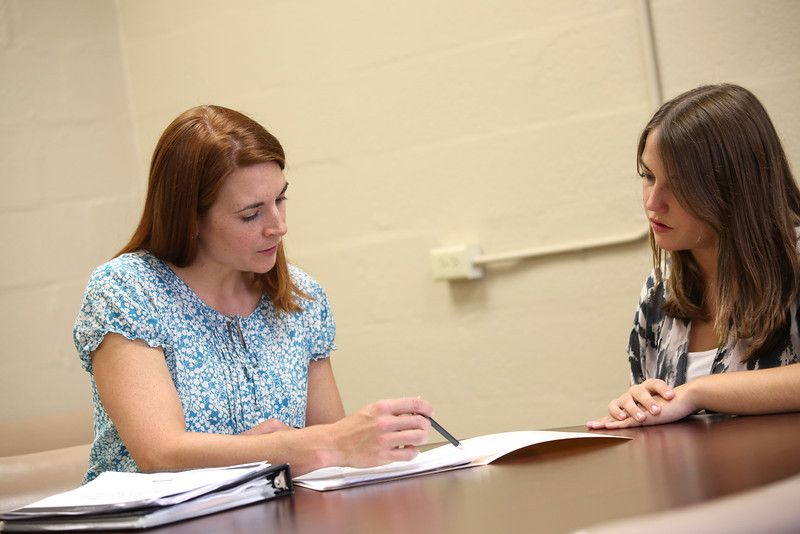Understanding if genetic testing for hereditary cancer risk is right for you
Although everyone is at risk of developing cancer, approximately 5 to 10 percent of cancers are due to inherited genetic mutations. As such, genetic testing may be helpful for high-risk families to determine whether they have an inherited cancer-susceptibility syndrome. Genetic testing can help identify who in a family is at risk, what type of cancer they are at risk for and what cancer screening recommendations are appropriate. However, it is important to understand that each patient and family is unique. There is no “one-size-fits-all” genetic test for cancer risk. The growing complexity of testing often makes it a challenge to determine the most appropriate test for each situation.
Approaches to genetic testing for hereditary cancer risk have recently evolved thanks to the development of hereditary cancer multi-gene panels. These panels use advanced technology to analyze several different genes at one time. Compared to traditional single-gene testing, this approach can be a more time and cost effective way for identifying a hereditary cancer syndrome; however, several aspects of multi-gene panels can complicate the interpretation of test results. This includes the presence of moderate risk genes, high rates of variants of unknown significance and limited medical management guidelines.
An important pre-test step is the collection and review of family history. This information is essential to determining whether testing is indicated, for who in the family testing is indicated and what test is appropriate (e.g. single gene test versus multi-gene panel).
It is recommended that anyone considering genetic testing do so through a formally trained genetics provider (such as a genetic counselor), who can guide them through the pros and cons of testing, enabling them to make an informed decision about whether to pursue testing, what level of testing they are comfortable with and whether the information from the test will impact medical management. It is important to remember that individuals with a family history of cancer are often still at increased risk even if they have a negative genetic test result.
If you have questions about your personal cancer risk and want to find out whether you should consider genetic counseling and testing, ask your health care provider for a referral or call Roswell Park’s Cancer Information Program at 1-800-ROSWELL (1-800-767-9355).
Learn more about our Cancer Genetics Service.
